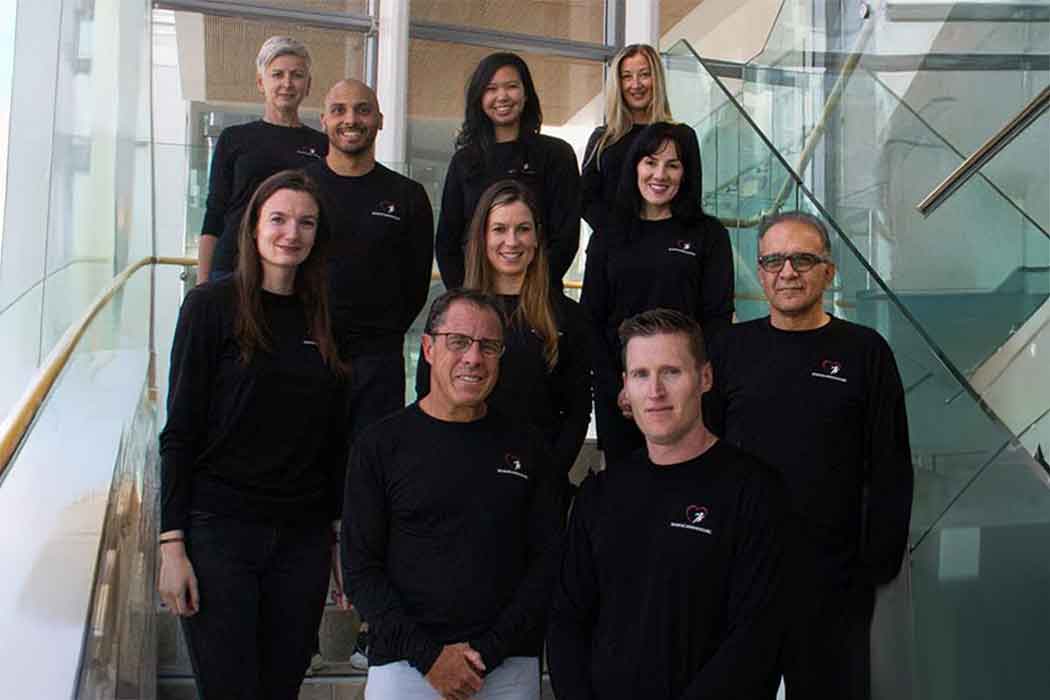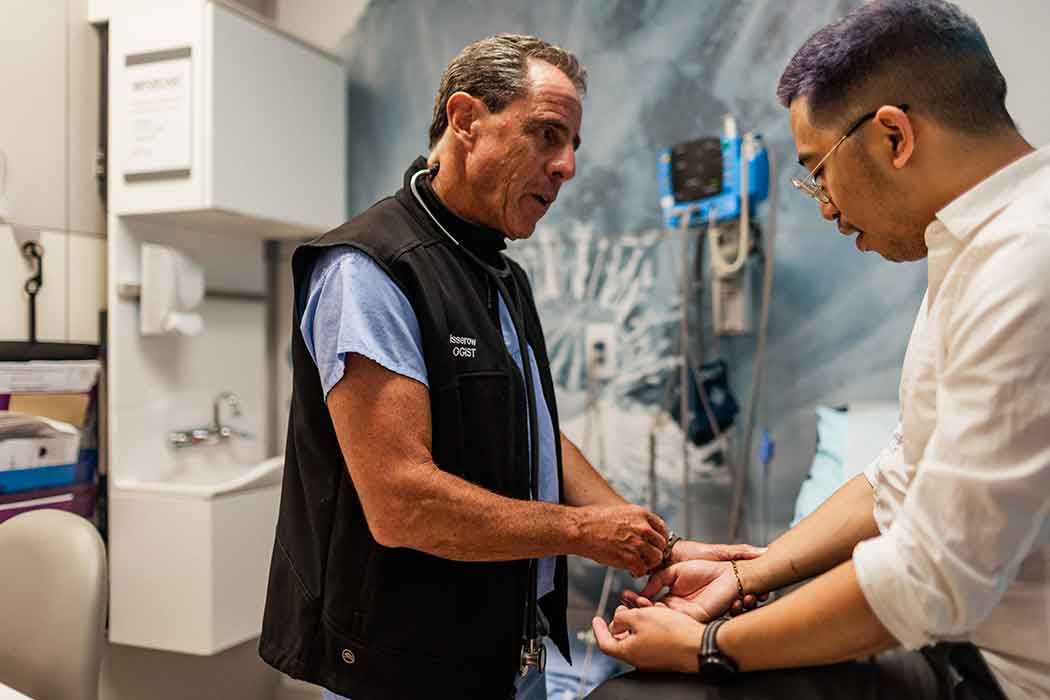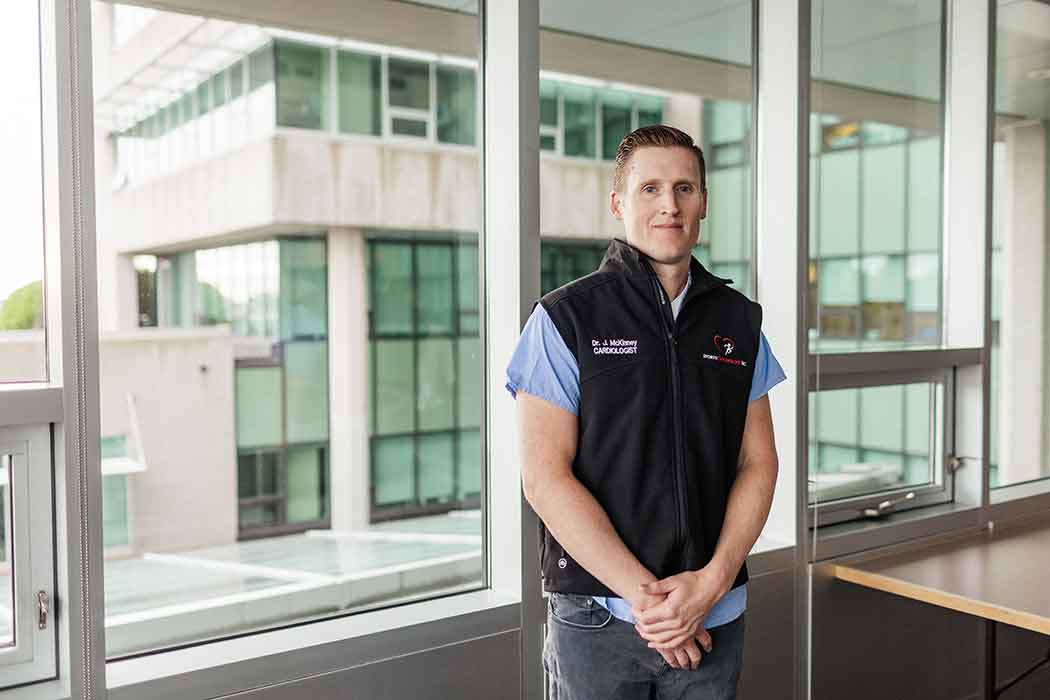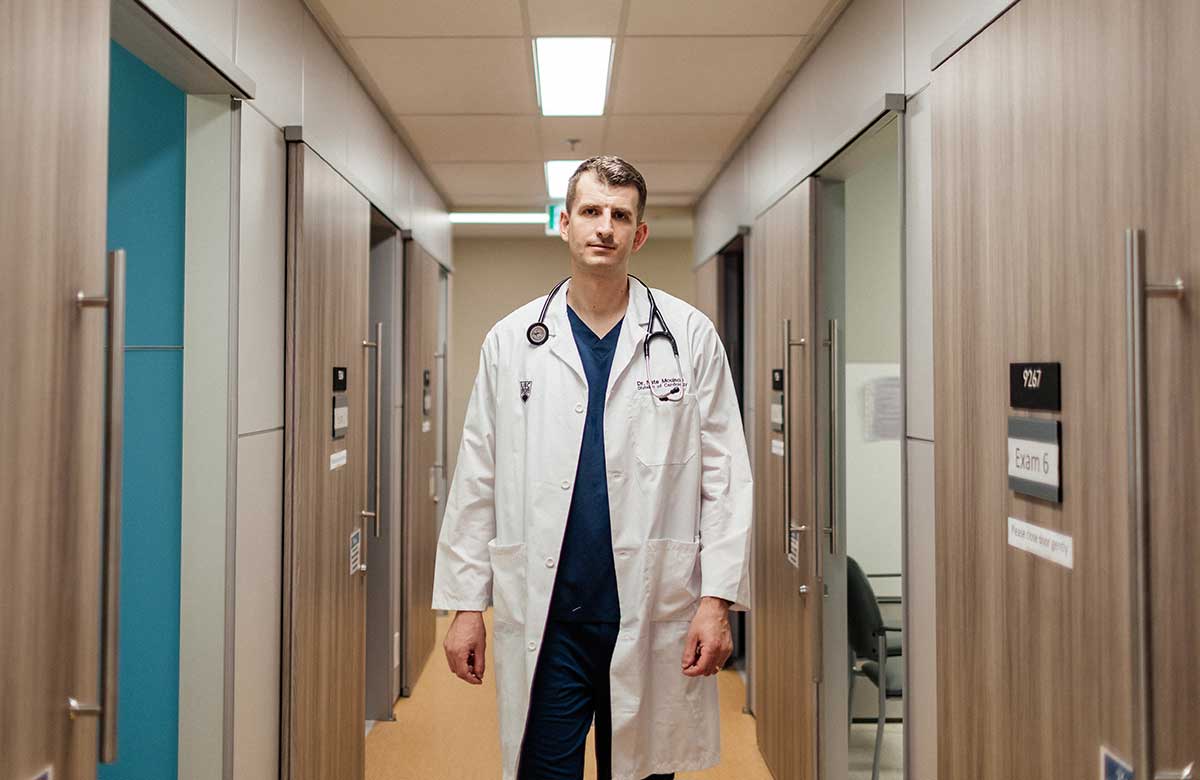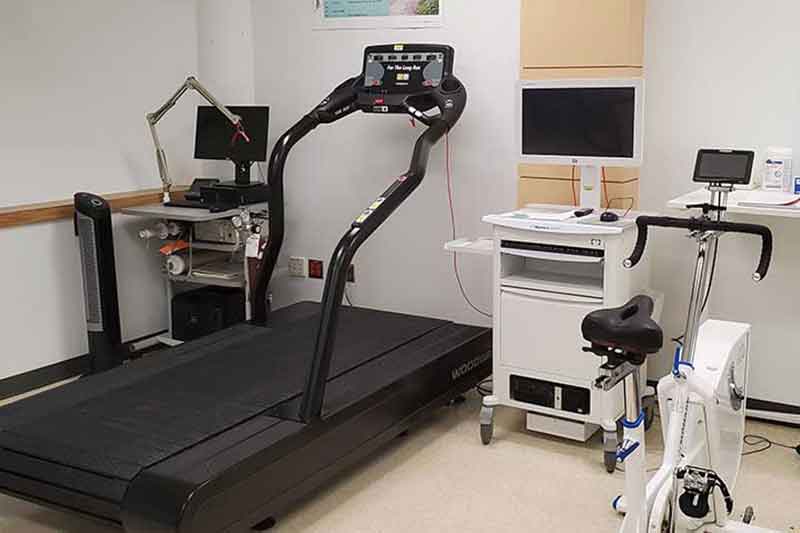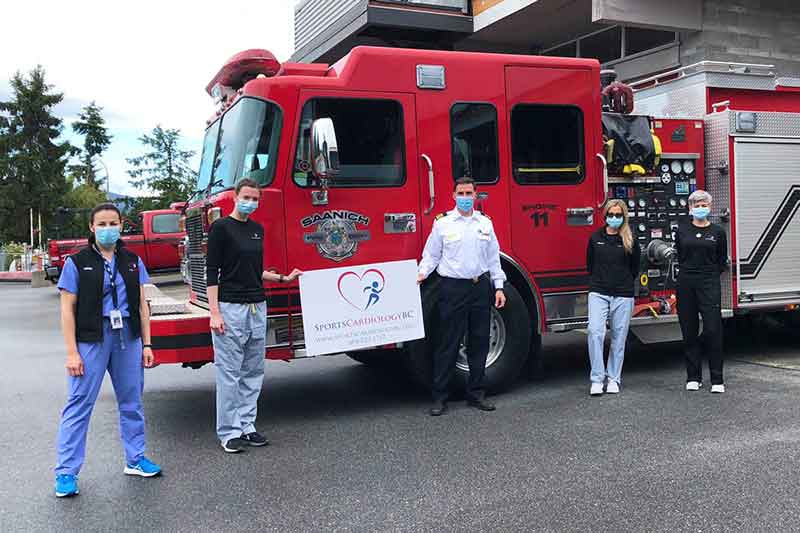SportsCardiologyBC aims to be the national leader in research and clinical care in the specialized area of sports cardiology. From elite athletes to recreational exercisers, the Centre provides holistic care to highly active individuals. The team comprises experts who have trained at prestigious global institutions and bring a range of research interests and clinical experience to this emerging area. The discipline involves accurate assessment and evaluation of the physiological changes inherent in the athletic heart, and awareness of the contributions of mental health to the overall well-being of athletes. By ensuring optimal and safe participation in athletics and physical activity, the centre strives to make the incredibly beneficial act of exercise even safer.
With the rise in regular participation in athletics and exercise in both the general and aging populations, the Centre’s research leads the way for the identification of risk factors and warning signs for serious cardiovascular events. Additionally, as part of its mandate for education and advocacy, SportsCardiologyBC is committed to providing public education on safe participation in athletics, and actively collaborates with local, national, and international medical, health, and athletic organizations to draw attention to the needs of, and unique risks faced by this population.


